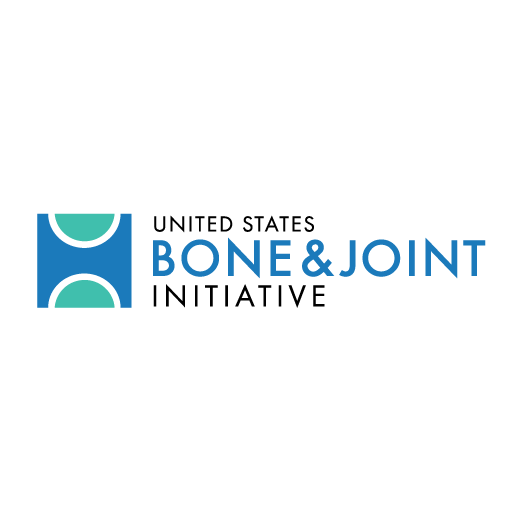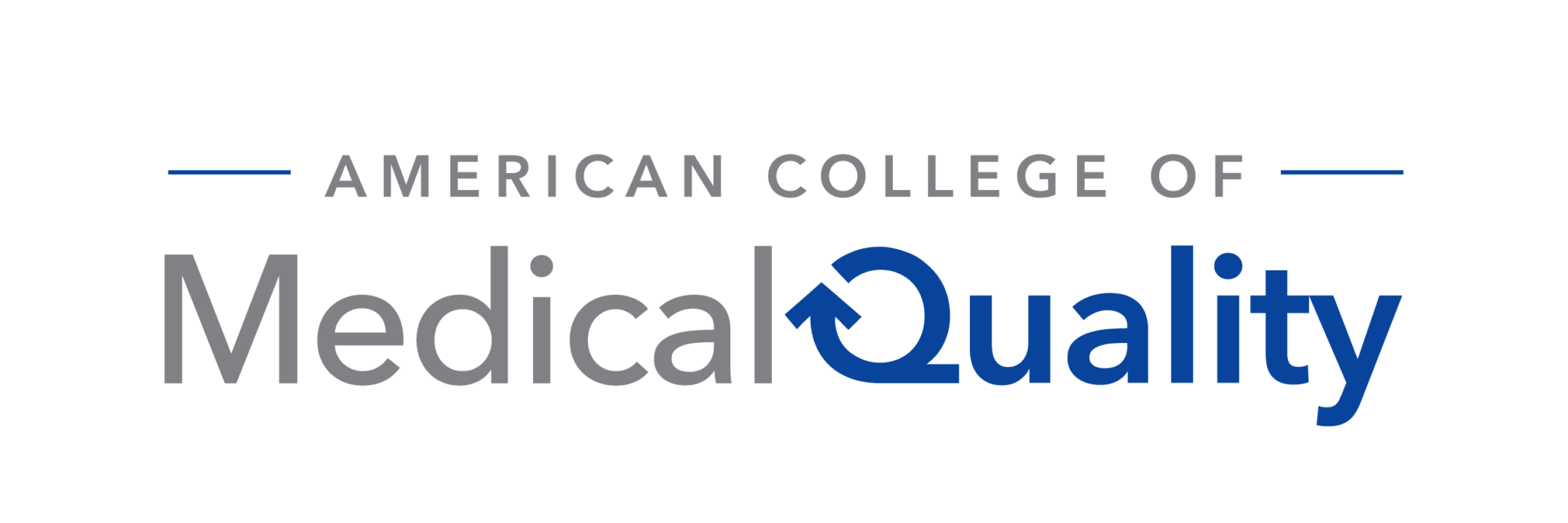

Legislative package to avert government shutdown unveiled…but this part is the “easy stuff”
With another potential government shutdown looming this Saturday night, top legislative leaders introduced a $459 billion, six-bill package on Sunday afternoon that includes funding and policy directives for more than a dozen federal departments and agencies handling transportation, energy, housing, agriculture and veterans programs. The six-bill package does not include major health care expenditures outside of patches for hospital and physician payments. Leaders hope the House and Senate will pass the package this week, which is already five months late. If they succeed, it’ll be a temporary victory. Another package—which contains much more contentious funding decisions—must be passed before March 22. Most health care programs will be included the second package. Many conservative House Republicans are likely to scoff at the package, meaning Speaker Mike Johnson (R) will need to rely on Democratic votes to pass the package in the House. The road in the Senate is expected to be easier this week.
Virginia legislature passes Prescription Drug Affordability Board legislation; Will Governor Youngkin veto the bill?
Virginia became the latest state to advance legislation creating a board that could limit what the state pays for prescription drugs. The Virginia Prescription Drug Affordability Board (PDAB) would be made up of five independent “experts”, appointed by state officials, who would review and regulate prices for certain high-priced medications. The legislation’s main sponsor, Senator Creigh Deeds (D-Charlottesville) said the state legislature is “…getting a handle on inflation with this bill.” The Senate passed Deeds’ bill 23-16, followed by the House 52-46. The legislation was spearheaded by AARP and Patients for Affordable Drugs, while opponents included PhRMA, the Biotechnology Innovation Organization (Bio), the Virginia Pharmacists Association and the Virginia Chamber of Commerce. Pharmacists testified that the PDAB would only be focusing on manufacturer pricing, without considering the role of pharmacy benefit managers (PBMs) in ultimately determining the drug’s price for consumers and the role PBMs play in access through formulary control. The legislation now heads to Governor Glenn Youngkin (R) for his consideration. Youngkin has 30 days to act on the bill. If he doesn’t act, the legislation will become law without his signature. Industry observers were also closely watching New Mexico, where efforts to pass legislation creating a PDAB had been a focus of AARP and other health care consumer organizations. Instead of a PDAB bill, the legislature unanimously passed a prescription drug pricing transparency bill, which Governor Michelle Lujan Grisham (D) signed into law on March 1. Similar to laws in other states, the legislation would require manufacturers, health insurers, PBMs and pharmacy service administrative organizations to report prescription drug prices and trends to the New Mexico Office of Superintendent of Insurance (OSI) annually. The law goes into effect on January 1, 2025.
House Energy & Commerce Committee discusses policy impacting rare diseases as advocates flood Capitol Hill
Legislation impacting people living with rare diseases received top billing on February 29, Rare Disease Day. As hundreds of rare disease advocates lobbied on Capitol Hill, House Energy & Commerce (E&C) health subcommittee members heard testimony and debated 18 different bills that impact the rare disease community. While some of the legislation enjoys broad bipartisan support, legislation that would protect access to rare disease drugs in the Inflation Reduction Act (IRA) drew the ire of many Democrats on the committee. One bill, HR 5539 (the ORPHAN Cures Act), would allow an orphan drug to avoid Medicare negotiation as long as it is approved exclusively for rare diseases. Currently, the law only exempts drugs that have a single orphan designation from the negotiation process. Many Democrats said they opposed any “weakening” of the IRA, while others accused the pharmaceutical industry of scare tactics, claiming the industry’s claims that the IRA will lead to less innovation in rare, hard-to-treat diseases have not materialized since the bill passed in 2022. The ORPHAN Cures Act does have some bipartisan backing, including some Democratic lawmakers from states with a big biotech presence: Rep. Scott Peters (CA), Don Davis (NC), Josh Gottheimer (NJ), and Wiley Nickel (NC). Bio has a helpful Fact Sheet on the legislation. Any legislation impacting the IRA is highly unlikely to advance in 2024 and would most likely face a quick veto from President Biden, who routinely heralds the IRA as one of the Administration’s key accomplishments in its first term. Other legislation discussed included HR 4758, which would streamline Medicaid provider enrollment across state lines, legislation to allow manufacturers to cover costs associated with travel, lodging and other ancillary services (such as fertility treatment) without violating the federal anti-kickback statute, as well as bills specific to pediatric rare diseases, ALS and sickle cell disease.
Health Policy Snippets:
- Americans are still worried about increasing health care costs, according to a new survey released March 1 by the Kaiser Family Foundation (KFF). About half of adults say affording health care is challenging, while about 20% say the cost of prescription drugs has led them to not fill their prescriptions. Four in 10 Americans report having some sort of debt associated with medical costs. While KFF expresses doubt that health care issues will be center stage in the fall 2024 elections, they do believe enough Americans are concerned about health care costs that health care policy may end providing the margin of victory for some candidates.
- While the Biden Administration toys with the idea of using “march-in rights” to seize control of the patents of certain drugs with prices deemed “inflated”, there’s bipartisan pushback on Capitol Hill. On the heels of a February FTC comment letter expressing support for the concept, 28 members of Congress—including 11 Democrats and 18 Republican members of the House and Senate—submitted a letter February 21 critical of the Administration’s proposal.
- The biopharmaceutical industry suffered another setback in its legal attempts to strike down the Medicare drug price negotiation components in the Inflation Reduction Act (IRA). Last Friday, a federal judge in Delaware (a Trump appointee) ruled against AstraZeneca. Like previous rulings, the judge said the law doesn’t require companies to accept the “maximum fair price” the federal government will ultimately offer to pay for each of top 10 medicines, arguing that they have the choice to voluntarily pull their product from Medicare Part D (a highly problematic move for companies and for the patients relying on the medication).








































































































































































































